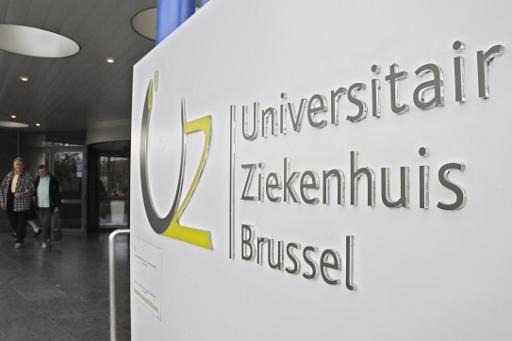A patient with melanoma, which is a type of skin cancer, received this week a new treatment within the context of a study at UZ Brussels, the university hospital linked with Vrije Universiteit Brussels (VUB) announced Thursday. This patient is the first to be treated by way of a “smart anti-cancer virus,” combined with dendritic cells: cells from one’s own body which attack cancer cells and make them harmless.
The patient was administered Talimogene Laherparepvec (T-VEC), a kind of “intelligent anti-cancer virus.” This is in fact a modified “herpes simplex virus type 1 (the virus that causes cold sores),” UZ Brussel said. “Changes in the genetic structure of the virus work so that it multiplies in cancer cells only, without damaging healthy cells.”
This treatment, approved in late 2015, is injected directly into tumors. The novelty is that, this time, it was administered combined with dendritic cells. These were first removed from the patient's blood. “For we know that cancerous tumors prevent dendritic cells from entering into the body” so as to prevent the immune system from reacting, Dr. Bart Neyns, clinical director of Medical Oncology at UZ Brussels, explained, quoted in the communiqué.
The dendritic cells were then reinjected with T-VEC, directly into the tumor. “We hope thus to increase the chances for a strong rejection response against the tumor, and to see more patients react against their disease,” Professor Neyns says.
Should this new method of treatment prove to be effective and safe, it will provide an additional option for patients who do not respond favorably to other existing treatments, UZ Brussels is pleased to say. This research is financially supported in part by Kom op Tegen Kanker and the Foundation against Cancer.
The Brussels Times

